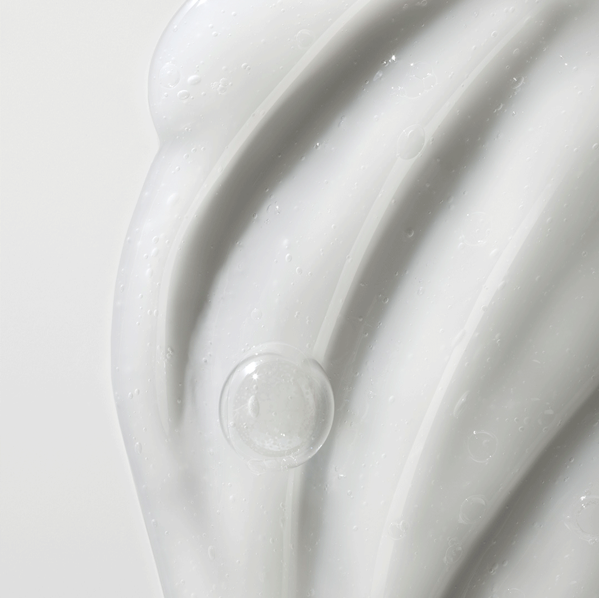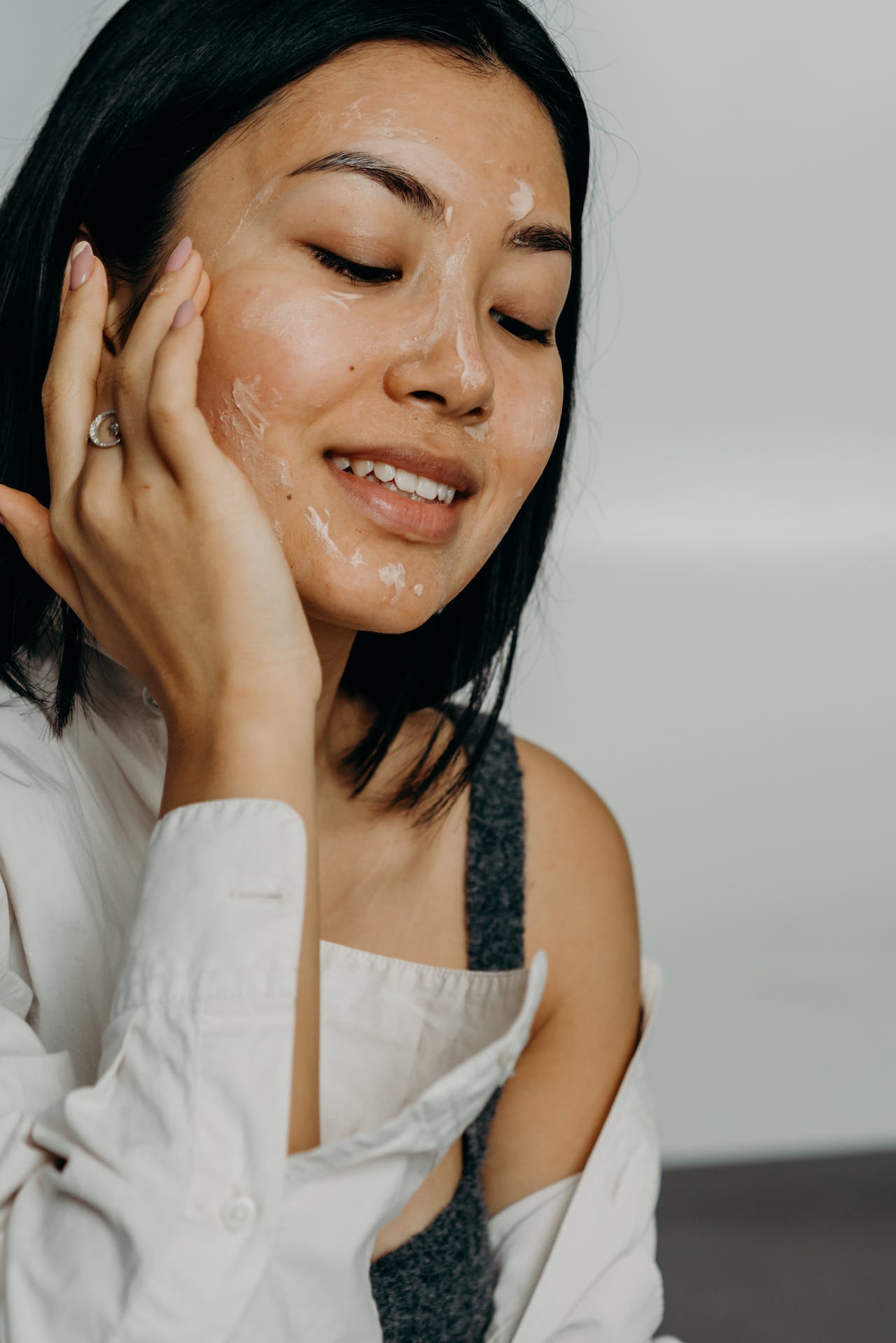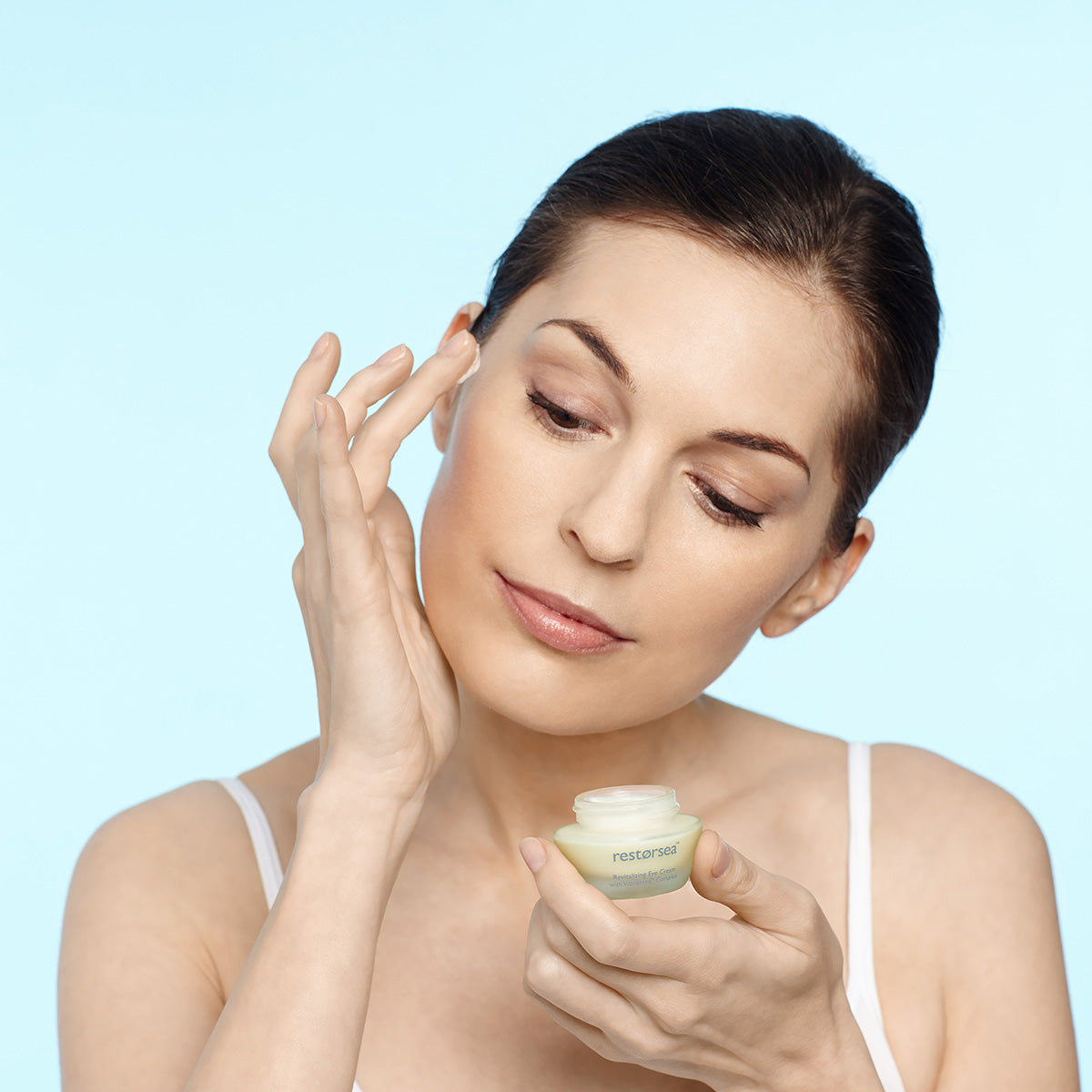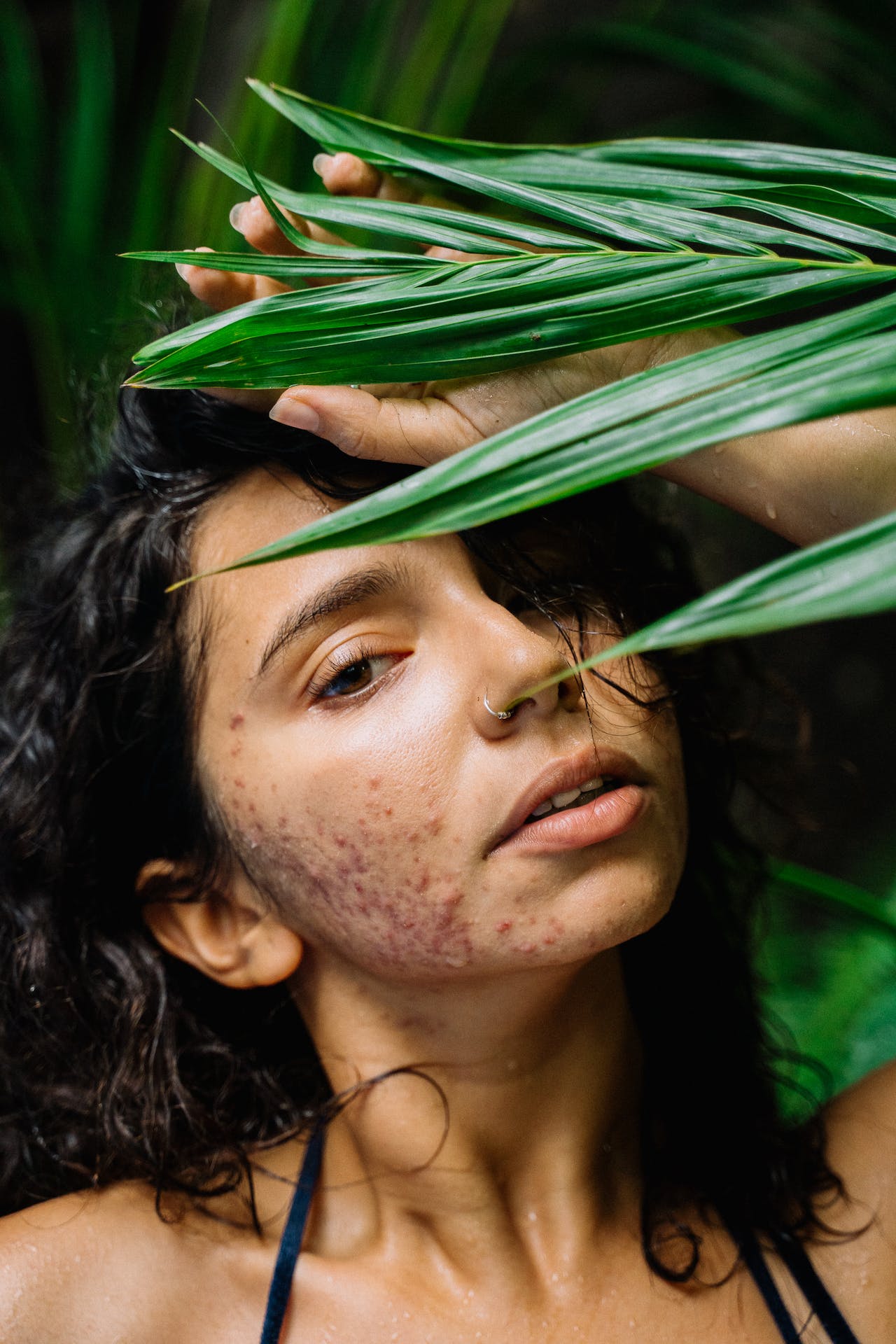As you enter your 30s, you may begin to notice changes in your skin. Fine lines may start to appear, and your skin's elasticity might not be what it used to be. Don't worry, this is a natural part of the aging process. Taking proactive steps can help you maintain youthful and radiant skin well into your 30s and beyond.
In this post, we will explore the best skincare practices and products for your 30s. We'll address common skincare concerns that often arise during this decade of life. We’ll also look into the world of anti-ageing products and ingredients like retinols, hyaluronic acid, and peptides.
Whether you're just beginning to notice signs of aging or you're looking to enhance your existing routine, this post can help point you in the right direction. Take our skin quiz to learn more about personalized product recommendations!
Understanding the Skin Changes in Your 30s

Before we delve into the specifics of skincare in your 30s, it's important to understand the natural changes that occur in your skin during this period. As you enter your 30s, your skin gradually produces less collagen and elastin, which can result in the following issues:
- Fine Lines and Wrinkles: Fine lines may start to become more noticeable, both at rest and with movement.
- Loss of Elasticity: Your skin may lose some of its bounce and firmness, leading to less tightness and more sagging in certain areas.
- Hormonal Changes: Hormonal fluctuations, such as those related to pregnancy or menopause, can impact skin health and complexion.
- Uneven Skin Tone: Dark spots and uneven skin tone may become more prominent due to sun exposure and the natural aging process.
- Reduced Cell Turnover: The rate at which your skin sheds dead skin cells and regenerates new ones can slow down, leading to dullness.
Now that we have a clearer picture of what you can expect in your 30s, let's discuss specific ingredients that are often key to maintaining a healthy and youthful appearance.
Anti-Aging Ingredients Demystified
Understanding the key anti-aging ingredients can help you make informed decisions about your skincare products. Let's take a closer look at some of the powerhouse ingredients often found in anti-aging formulations:
Retinoids
Retinoids, derivatives of vitamin A, are a proven anti-aging ingredient and powerhouse when it comes to skincare. It stimulates collagen production, enhances cell turnover, and fades dark spots. Here are some key properties and effects of retinoids:
- Skin Renewal: Retinoids stimulate skin cell turnover, helping to shed old, damaged skin cells and promote the growth of new, healthier ones. This process can improve the overall texture and appearance of the skin, leading to a smoother and more youthful appearance.
- Collagen Production: Retinoids can boost collagen production in the skin. Collagen is a protein that helps maintain the skin's structure and firmness. As we age, collagen production decreases, leading to wrinkles and sagging skin. Retinoids can help mitigate these signs of aging.
- Reducing Fine Lines and Wrinkles: Due to their ability to stimulate collagen production and enhance skin renewal, retinoids are often used to reduce the appearance of fine lines and wrinkles, making them one of the most popular anti-aging ingredients.
- Improving Skin Tone and Texture: Retinoids can even out skin tone by reducing the appearance of dark spots, hyperpigmentation, and sun damage. They also help to minimize the appearance of pores, resulting in smoother and more refined skin texture.
- Antioxidant Properties: Retinoids have antioxidant properties, which means they can help repair the skin after damage caused by free radicals and environmental factors like UV radiation and pollution.
- Gradual Effects: It's important to note that the effects of retinoids take time to become visible. Results may not be visible for 6-12 weeks. Your skin may go through an adjustment period, often referred to as "retinization," where you may experience mild irritation, redness, or peeling. It's essential to start with just a pea sized amount, starting every other night, and slowly working your way up to nightly as tolerated. There are various concentrations and formulations of topical retinoids so when first starting, consider one with a lower concentration and gradually increase it to minimize these side effects.
When incorporating a retinoid into your skincare routine, it's important to use sunscreen during the day, as retinoids can make your skin more sensitive to the sun. Additionally, if you have any concerns about using retinoids, it's advisable to consult with a dermatologist who can provide personalized recommendations based on your skin type and specific skincare goals. Retinoids are not recommended for use during pregnancy or breastfeeding.
Hyaluronic Acid
Hyaluronic acid, often abbreviated as HA, is a naturally occurring substance found in the human body. It keeps your skin hydrated, plump, and youthful-looking. Look for it in serums and moisturizers to maintain skin elasticity.
One of the most well-known properties of hyaluronic acid is its exceptional ability to retain water. In fact, it can hold up to 1,000 times its weight in water. This hydration property makes it an excellent moisturizing agent for the skin. It helps plump and hydrate the skin, reducing the appearance of fine lines and wrinkles. It also supports overall skin health by maintaining its elasticity and suppleness.
Peptides
Peptides are short chains of amino acids that are the building blocks of proteins in the skin that play a vital role in collagen production. Peptides play a crucial role in skincare due to their ability to influence various skin functions. Peptides can stimulate collagen production, improve skin texture, hydrate, reduce fine lines and wrinkles, protect against environmental damage, and enhance the effectiveness of other ingredients in your skincare routine.
It's important to note that there are various types of peptides, each with specific functions and benefits. The choice of peptides in skincare products can vary depending on the intended purpose of the product, such as anti-aging, hydration, or targeting specific skin concerns.
Vitamin C
Vitamin C, often in the form of L-ascorbic acid or Tetrahexyldecyl ascorbate, is a powerful antioxidant and essential nutrient that offers a wide range of benefits for your skin. It plays a crucial role in maintaining skin health and can help improve its appearance in several ways:
- Antioxidant Protection: Vitamin C is a potent antioxidant that helps protect the skin from the damaging effects of free radicals.
- Collagen Production: Applying vitamin C topically can stimulate collagen production.
- Brightening and Evening Skin Tone: Vitamin C can help fade dark spots, hyperpigmentation, and uneven skin tone. It inhibits the production of melanin, the pigment responsible for skin discoloration, and promotes a more even complexion. Regular use of vitamin C can lead to a brighter and more radiant skin tone.
- Hydration and Skin Barrier Function: Vitamin C supports the skin's natural moisture barrier, helping to lock in hydration and prevent moisture loss. This is particularly beneficial for individuals with dry or dehydrated skin.
- Reduction of Inflammation: Vitamin C has anti-inflammatory properties, making it useful for soothing and calming irritated or sensitive skin. It can help reduce redness and inflammation associated with conditions like rosacea and acne.
Keep in mind that the stability and potency of vitamin C products can widely vary and impact the skin differently. Look for commonly studied forms of vitamin C such as Tetrahexyldecyl Ascorbate (such as Revision Skincare C+ Correcting Complex 30%).
Building a Skincare Routine for Your 30s

To maintain healthy, youthful skin, it's essential to establish a well-rounded skincare routine in your 30s. We’ve put together a step-by-step skincare routine to get you started:
1. Cleansing

Proper cleansing is the foundation of any skincare routine. You can use a gentle cleanser like Revision Gentle Foaming Cleanser to remove makeup, dirt, and impurities without stripping your skin of its natural oils. Cleansing twice daily is ideal, but if your skin leans towards dryness, once a day may suffice.
2. Sun Protection
Never underestimate the importance of sun protection. Sun exposure is a primary cause of premature aging and can worsen existing signs of aging. Use a broad-spectrum sunscreen with at least SPF 30, such as EltaMD UV Clear, every morning, even on cloudy days.
3. Hydration

Maintaining proper hydration is key to combating the signs of aging. Hyaluronic acid, found in products like SkinMedica HA5 Rejuvenating Hydrator, is a hydrating powerhouse that can help reduce the appearance of fine lines and wrinkles.
4. Anti-Aging Serums
To target signs of aging, invest in high-quality anti-aging serums. Look for products with key ingredients like retinol, hyaluronic acid, and peptides. Revision C+ Correcting Complex 30% is an excellent choice for brightening and improving skin texture. Its vitamin C content helps fade pigmentation and boosts collagen production.
Incorporate an effective retinol product such as Under Skin Advanced Retinol Restorer into your nighttime routine. Retinol is renowned for its ability to reduce fine lines, stimulate collagen production, and improve skin pigmentation, tone and texture.
Preventing Wrinkles in Your 30s

Prevention is key when it comes to maintaining youthful skin in your 30s. Here are some additional tips to help you prevent the formation of wrinkles:
- Eat a Balanced Diet. Include foods rich in antioxidants in your diet. Cruciferous vegetables, tomatoes, apples, berries, nuts and mushrooms are all top sources. Antioxidants combat free radicals that can accelerate the aging process.
- Get Enough Sleep. Quality sleep is essential for skin repair and regeneration. It’s the unsung hero of a healthy life. Aim for 7-9 hours of restful sleep on your back each night.
- Avoid Smoking and Limit Alcohol. It may sound obvious, but it’s still important to say that smoking and excessive alcohol consumption can deplete your skin of vital nutrients and accelerate aging. Quit smoking, and consume alcohol in moderation.
- Manage Stress. Stress seems to be a modern-day buzzword - our lives are so full, busy and stretched. Chronic stress can lead to skin issues and exacerbate signs of aging. Consider incorporating stress-reduction techniques into your daily routine, such as yoga, meditation, or deep breathing exercises. And schedule your holidays, rest days and weekend breaks as far in advance as you can.
Be Consistent
Remember that consistency is the key to seeing results. Entering your 30s is an exciting phase of life, and your skincare routine should evolve to meet the changing needs of your skin. By following a comprehensive skincare regimen that includes proper cleansing, sun protection, and anti-aging products, you can maintain your youthful, radiant skin.
And don't forget to pay attention to essential anti-aging ingredients like retinoids, hyaluronic acid, peptides, and vitamin C. These ingredients can help you address common concerns such as fine lines, loss of elasticity, pigmentation and hormonal changes.
Remember that prevention is the best approach when it comes to skincare in your 30s. By adopting a healthy lifestyle, managing stress, and incorporating professional treatments as needed, you can enjoy glowing, youthful skin for years to come.
Reviewed by: Katharine Saussy, MD, FAAD (@drsaussy)





